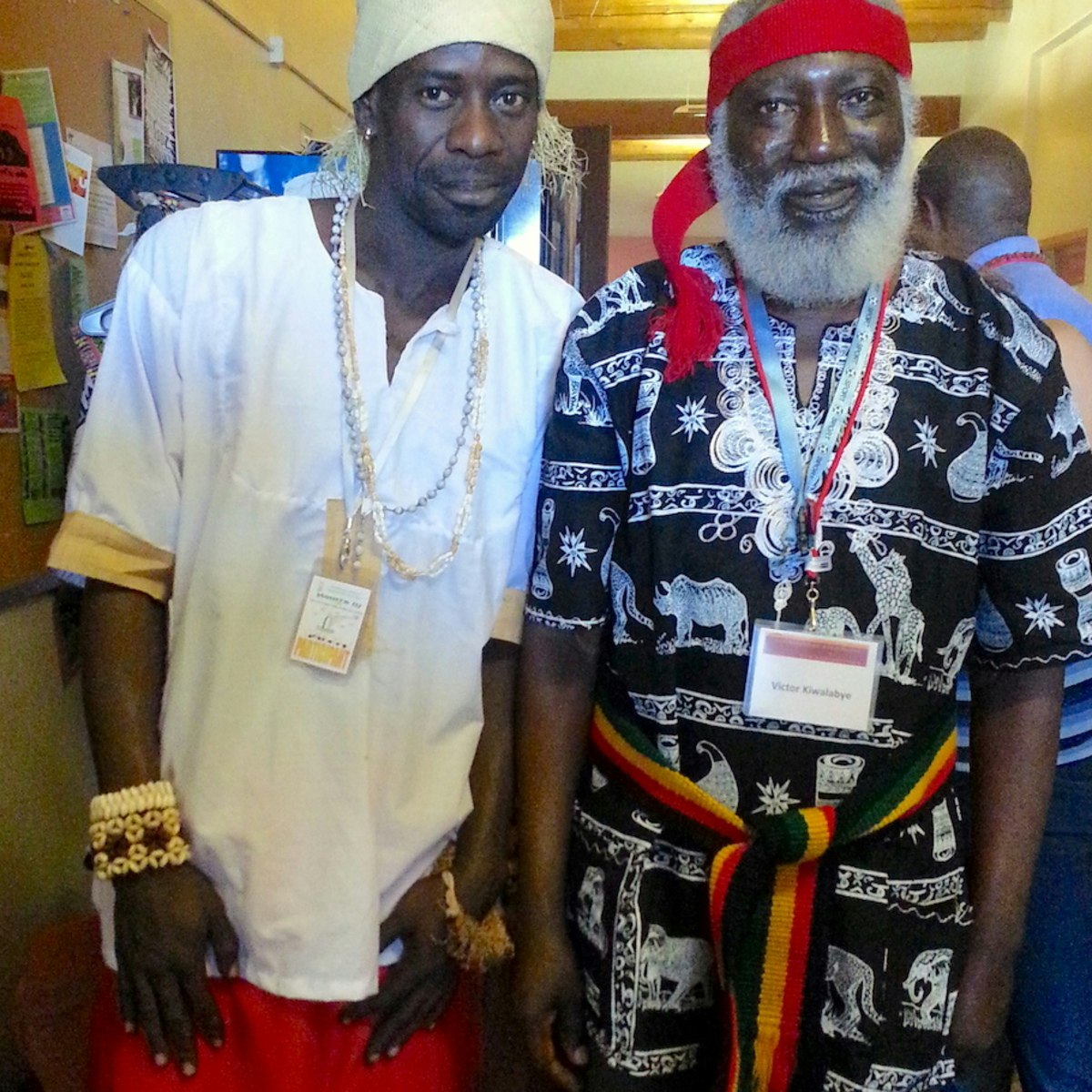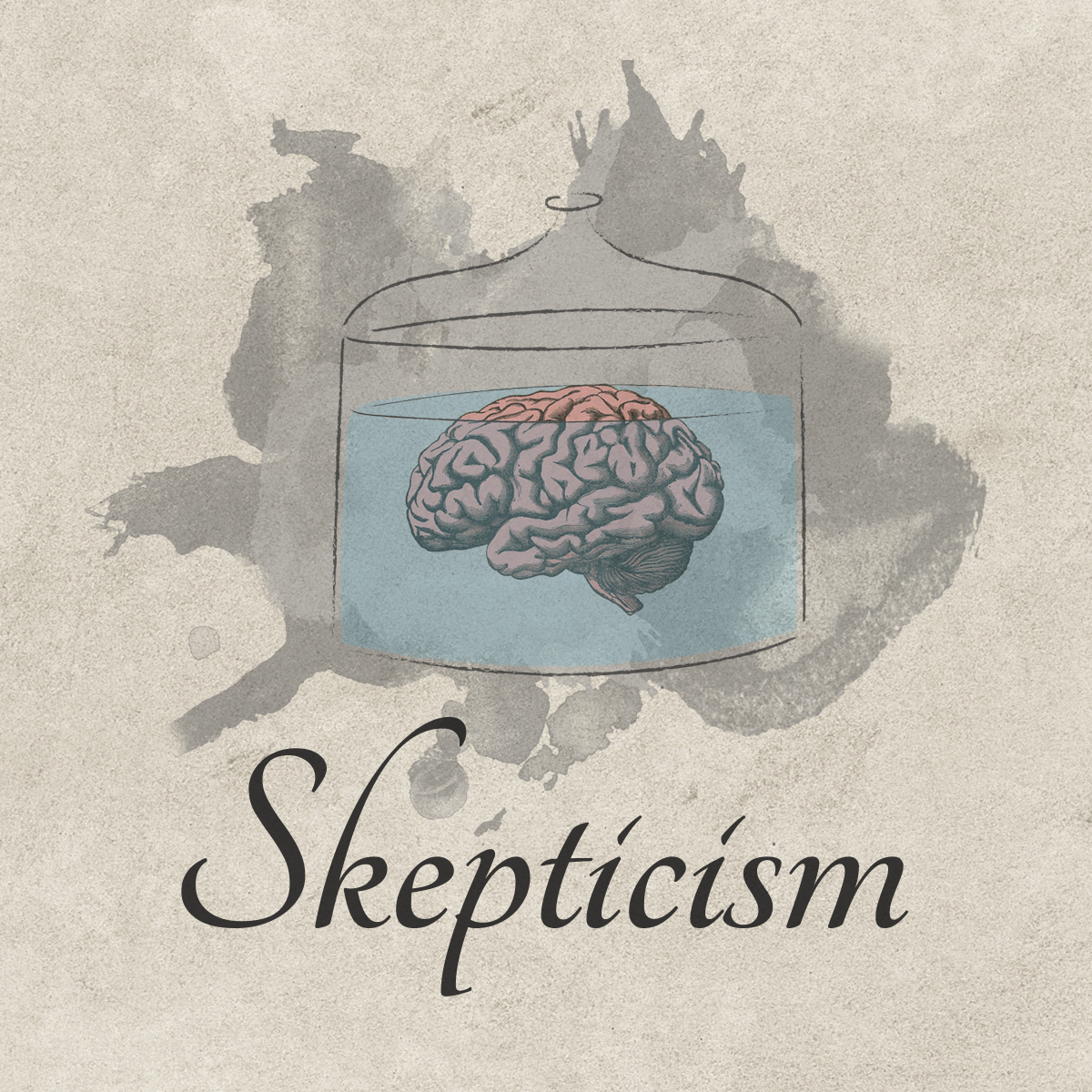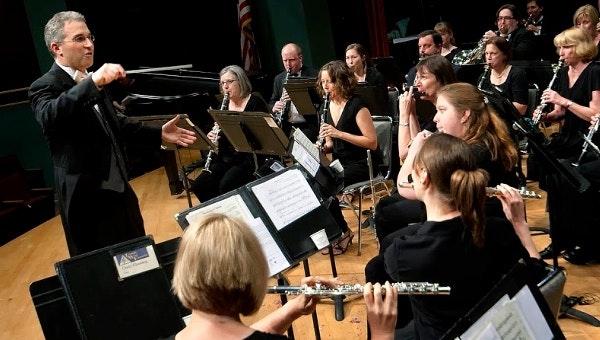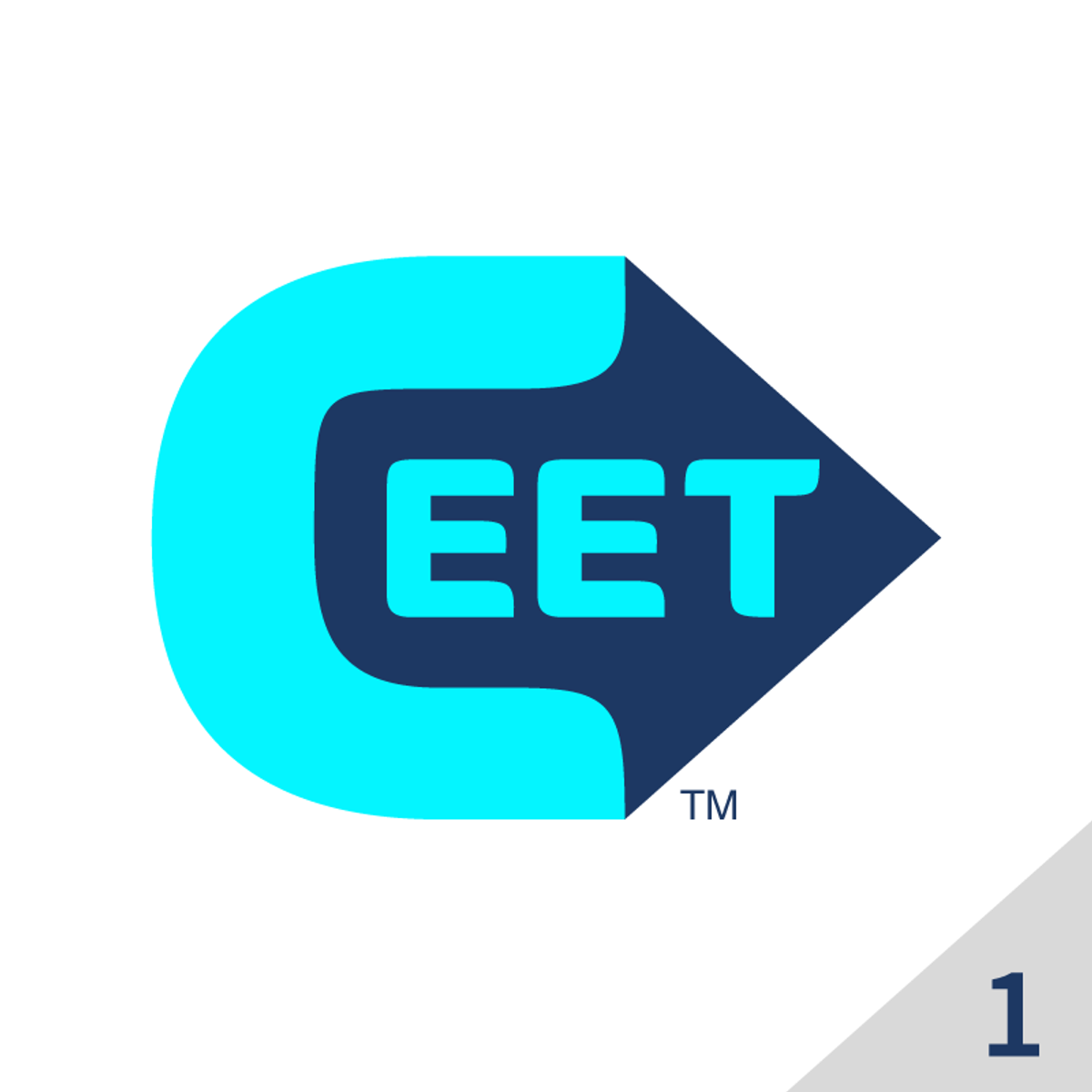Back to Courses









Arts And Humanities Courses - Page 16
Showing results 151-160 of 464

Visual Communication through zines using Scribus & Issuu.com
By the end of this project, you will learn how to use Scribus to create a short digital zine. Scribus v 1.4.8 is a desktop publishing software which is currently providing a valid Open Source alternative to the mainstream desktop publishing software, such as Indesign. It is a valuable option for those who want to broaden their software knowledge and train their skillset in terms of editorial production practising with this free tool available to be downloaded to any desktop. Digital zines are the current evolution of traditional zines, both recognised as powerful tools of Visual Communication. Originally born as a form of self-expression, zines are characterised by small-circulation and self-publishing, peculiarities that give traditional zines a distinctive “Lo-Fi” aesthetic. Their contents can be original or appropriated texts and images. Zines aim to divulge art, cultural or social issues, abstract concepts or in the case of “fanzines” to talk about specific phenomena of which the authors are enthusiasts. Having a wider circulation due to the fact that they can be printed or shared online, Digital zines nowadays keep the purposes of traditional ones plus they are largely used as digital portfolios for practitioners or companies, event and product catalogues, instructional or educational manuals, marketing and editorial material. As a starting point to explore the potentialities of digital zines, the learners can become familiar with this form of Visual Communication, in order to reach a broader public to whom they share their contents.

Designing the Future of Work
The workplace of tomorrow is an uncertain place. We live in a rapidly changing world, and design innovations such as artificial intelligence (AI), robotics, and big data are rapidly changing the fundamental nature of how we live and work. As these technologies continue to evolve at an exponential rate - it is becoming critical to understand their impact on contemporary work practices, and for businesses and employees to understand how to design a secure future amidst this disruption.
What new, disruptive technologies are on the horizon? How will jobs change? What challenges will employers and employees face? How can the design process help businesses and employees to create innovative solutions to overcome such challenges?
The course is a collaboration between UNSW Sydney Art & Design and AMP Amplify, AMP's innovation and ideas program. It brings together leading business and design thinking to help answer these questions, and investigates design strategies that businesses, employees and designers can adopt to find new opportunity in such a rapidly changing professional landscape.
WHAT WILL I LEARN?
The course provides you with a unique, authentic, and industry relevant learning opportunity. You will have access to current theory, industry examples and expert advice from leaders in the field. This course will help you to:
• Recognise how the integration of design approaches are shaping technology and business practices, and how these changes bring immense possibility and uncertainty to the future of work
• Analyse important skills and attributes that designers, employees, and businesses need to be successful in a speculative, technologically enhanced future
• Understand the importance of unique human attributes in increasingly automated workplaces
• Evaluate challenging issues related to potential change in processes, people and automation that might impact the future of your own employment or business
• Plot your own possible, probable, and preferable trajectories, and synthesise a design strategy to maximise your ability to adapt, grow, and realise opportunities in your own work future.
WHO WILL MY INSTRUCTORS BE?
You will learn effective design thinking strategies from leading UNSW Australia Art & Design academics. You will also examine case studies from business and service design perspectives that demonstrate how design can transform business processes to become more adaptive to and predictive of technological and social change, and this can help to capitalise on new opportunities. Direct from our industry partner AMP’s innovative Amplify program, you’ll hear personal insights and advice about how to develop attributes and skills that will give you an advantage in the workplace of the future, from the following business leaders, futurists, entrepreneurs, and innovators from around the world:
• Sean Brennan, Head of Design & Innovation, AMP
• Megan Dalla-Camina, Co-Founder/CEO, Lead Like a Woman - via Amplify
• Susan David Ph.D, CEO, Evidence Based Psychology - via Amplify
• Dr. Norman Lewis, Director, Futures-Diagnosis Ltd - via Amplify
• Heather McGowan, Author & Advisor, Work to Learn - via Amplify
• Ramez Naam, Exponential technologies, Machine learning, Artificial intelligence, Singularity University - via Amplify
• Dr. Andy Polaine, Regional Design Director, Asia-Pacific, Fjord
• Michael Schrage, Research Fellow, Innovation Thought Leader, MIT Sloan School's Center for Digital Business - via Amplify
• Chris Shipley, Curator, MIT Solve. via Amplify
• Sue Suckling, New Zealand Qualifications Authority, Chair of Callaghan Innovation, Chair of the New Zealand Qualifications Authority - via Amplify
• Professor Nick Wailes, Director, AGSM, and Deputy Dean, UNSW Business School. UNSW Sydney.

Learning How To Learn for Youth
Based on one of the most popular open online courses in the world, this course gives you easy access to the learning techniques used by experts in art, music, literature, math, science, sports, and many other disciplines. No matter what your current skill level, using these approaches can help you master new topics, change your thinking and improve your life.
This course explains:
* Why sometimes letting your mind wander is an important part of the learning process
* How to avoid "rut think" in order to think outside the box
* The value of metaphors in developing understanding
* A simple, yet powerful, way to stop procrastinating
If you’re already an expert, these strategies will turbocharge your learning, including test-taking tips and insights that will help you make the best use of your time on homework and problem sets.
We all have the tools to learn what might not seem to come naturally to us at first—the secret is to understand how the brain works so we can unlock its power.
Filled with animations, application questions, and exercises, this course makes learning easy and fun!

Curanderismo: Global & Cultural Influences of Traditional Healing
As the last of four courses on Curanderismo, the art of Hispanic/Latino traditional medicine, this course focuses specifically on traditional healing using different techniques of many countries around the world. As an educational and cultural platform, this course will share a number of traditional global perspectives.
Learners will not become certified traditional healers at the completion of this course but will be able apply basic principles or traditional medicine for health and illnesses. They will become familiar specifically with African traditional medicine from Uganda, African healing through music from Gabon, Afro-Cuban and Afro Puerto-Rican healing techniques, medicinal plants for women, Native American feather healing and other topics.
REQUIRED TEXTS
Curanderismo: The Art of Traditional Medicine without Borders by Eliseo Torres
Curandero: Traditional Healers of Mexico and the Southwest by Eliseo Torres with Imanol Miranda
Where to buy:
https://he.kendallhunt.com/product/curanderismo-art-traditional-medicine-without-borders
https://he.kendallhunt.com/product/curandero-traditional-healers-mexico-and-southwest
OPTIONAL TEXTS
Curandero: A life in Mexican Folk Healing by Eliseo Torres & Tim Sawyer
Healing with Herbs & Rituals: A Mexican Tradition, Eliseo Torres, edited by Tim Sawyer
Where to buy:
https://www.barnesandnoble.com/w/curandero-torres-eliseo-cheo/1120135382?ean=9780826336415&st=PLA&sid=BNB_1341481610&sourceId=PLAGoNA&dpid=tdtve346c&2sid=Google_c&gclid=EAIaIQobChMI3_6LmYev3gIViuNkCh3IPgUyEAQYASABEgLYXfD_BwE
https://www.barnesandnoble.com/w/healing-with-herbs-and-rituals-torres-eliseo-cheo/1120135381?ean=9780826339621&st=PLA&sid=BNB_825204424&sourceId=PLAGoNA&dpid=tdtve346c&2sid=Google_c&gclid=EAIaIQobChMIrrvswYev3gIVBsRkCh3BXQCHEAQYASABEgLnl_D_BwE
PODCAST:
Blubrry podcast - https://www.blubrry.com/normallol/41068835/normal-lol-63-depersonalization-mental-wellness-curanderismomexican-traditional-healing-with-eliseo-cheo-torres/
Itunes Episode 63 - https://itunes.apple.com/us/podcast/normal-lol-depersonalization-derealization-anxiety/id1065740418?mt=2

Teaching Texts and Forms
The first job of any writer is to get words down on paper, and teaching writing as process helps students gain the fluency, comfort and confidence they need to succeed at any writing task. But complex, comprehensive writing tasks often bring with them specific expectations and conventions the writer must address to be successful. This course will examine some of those more comprehensive writing tasks: personal essays; argument, analysis and other forms of transactional writing; and creative writing. Learners will also identify strategies for supporting the reading/writing connection and practical assignments for engaging students in writing around texts.

Memoir and Personal Essay: Managing Your Relationship with the Reader
The blank page can be the most daunting obstacle in writing. In this course, aspiring writers will assemble a “starter kit” for approaching the blank page by developing constructive ways to think about the writing process as a whole. While subsequent courses in this series will focus on the mechanics of good writing, this course offers ways to think about the writer’s relationship to her material, and ultimately develop a writing style that is uniquely her own.

Skepticism
Skepticism is about doubt, and doubt is everywhere in the world around us today. There are doubts about whether man-made climate change is real, whether vaccinations are harmful, whether we can trust our politicians or our media, and so on. When is such skepticism warranted, and when does it stray into unreasonable territory? How widespread can such skepticism get while still being coherent? How might a radical skepticism have pernicious social consequences, such as by leading to relativism (and just what is relativism, and what is problematic about it)?
These are all questions that we will be engaging with in this course Along the way we will consider some important philosophical issues, such as what the nature of knowledge is, whether there are any good arguments that show that knowledge is impossible, and how a moderate skepticism might accord with an ancient conception of the good life of human flourishing, one that essentially involves the intellectual virtues.
This course is aimed at anyone who is interested in learning more about philosophy, along with those who are looking for strategies to combat extremism in their communities. Using these approaches, no matter what your skill levels in topics you would like to master, you can change your thinking and change your life.
In this course, learners will:
Explore the concept of Skepticism
Discuss the role of Skepticism in contemporary society
Identify common responses to Skepticism
Compare/Contrast various forms of Skepticism
Apply knowledge of Skepticism to form a personal stance
Recognize why knowledge is more than just true belief

Arch of Titus: Rome and the Menorah
The Arch of Titus: Rome and the Menorah explores one of the most significant Roman monuments to survive from antiquity, from the perspectives of Roman, Jewish and later Christian history and art. The Arch of Titus commemorates the destruction of Jerusalem by the emperor Titus in 70 CE, an event of pivotal importance for the history of the Roman Empire, of Judaism, of Christianity and of modern nationalism.
Together with your guide, Professor Steven Fine, you will examine ancient texts and artifacts, gaining skills as a historian as you explore the continuing significance of the Arch of Titus from antiquity to the very present. Course members will accompany Professor Fine on virtual "fieldtrips" to museums and historical sites in Los Angeles and New York where you will "meet" curators, scholars and artists. You will attend an academic colloquium and even "participate" in office hours. Students will participate in the latest advancement in the study of the Arch - the restoration of its original colors. You will learn how color was used in Roman antiquity and apply that knowledge to complete your own 'color restoration' of the Arch of Titus menorah relief.

Fundamentals of Rehearsing Music Ensembles
Learn and practice the basic principles of running an effective music ensemble rehearsal. Techniques and strategies are applicable to a variety of ensembles, including bands, orchestras, choirs, and chamber groups.
Promote the Ethical Use of Data-Driven Technologies
The greatest risk in emerging technology is the perpetuation of bias in automated technologies dependent upon data sets. Solutions created with racial, gender or demographic bias, whether unintentional or not can perpetuate tragic inequities socially and economically. This is the first of five courses within the Certified Ethical Emerging Technologist (CEET) professional certificate and it is designed for learners seeking to advocate and promote the ethical use of data-driven technologies. Students will learn what emerging technologies are and how they can be used to create data driven solutions. You will learn types of bias and common ethical theories and how they can be applied to emerging technology, and examine legal and ethical privacy concepts as they relate to technologies such as artificial intelligence, machine learning and data science fields. Throughout the course learners begin to distinguish which types of bias may cause the greatest risk and which principles to apply to strategically respond to ethical considerations.
Popular Internships and Jobs by Categories
Find Jobs & Internships
Browse
© 2024 BoostGrad | All rights reserved
